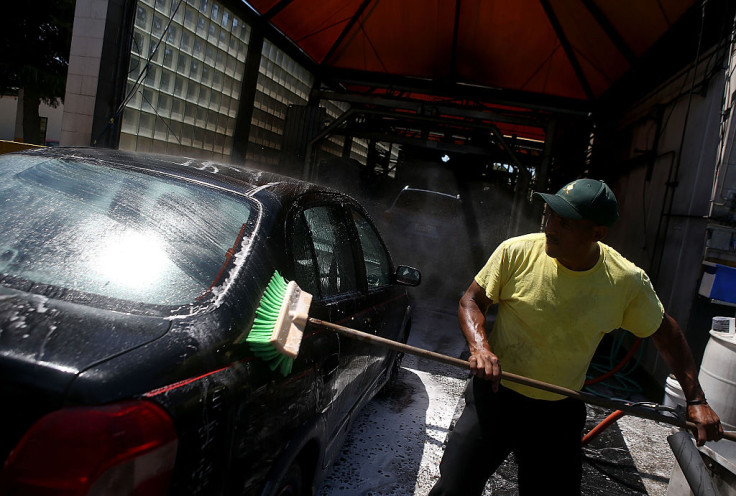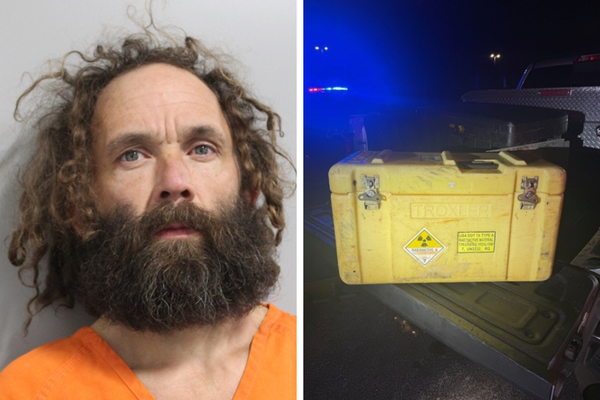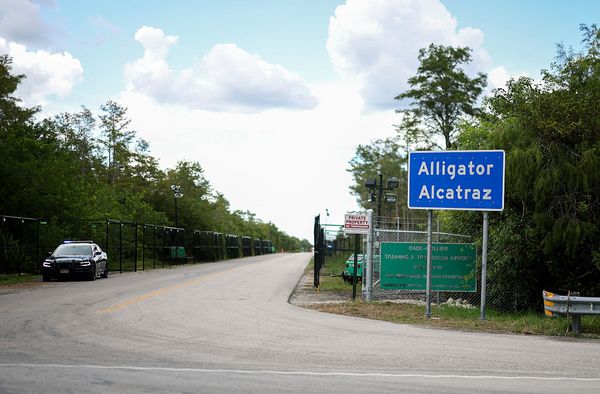
Undocumented agricultural workers in California face growing risks to their health and safety as record summer heat intensifies and immigration enforcement from the Trump administration expands, a new piece by the Los Angeles Times has revealed.
Labor shortages driven by fear of raids have increased physical demands on those who remain, pushing many past their physical limits while deterring access to rest, water, and even medical care.
Many undocumented farmworkers in Southern California have chosen to forego work after word spreads of unmarked cars, helicopters and military vehicles arriving at fields—forcing those who remain to take on heavier physical loads in temperatures reaching 113 °F, the report explains.
Sandra Reyes, a program manager at TODEC Legal Center, which works with immigrants and their families in the Inland Empire and Coachella Valley, told the LA Times that she has seen the same pattern unfold across California's agricultural communities, as fewer workers means greater physical strain for those who remain.
"There are times when the body just gives out," Reyes said. "All of this is derived from fear."
Community outreach teams contacted by the media outlet found people who had spent hours in blazing sun without water, resorting to eating grapes off the vine to stay hydrated. Vulnerable elderly workers and those with medical needs are especially at risk. Cold water and ice deliveries by nonprofits like Inland Congregations United for Change offer temporary relief, but organizers warn the situation will worsen as summer progresses.
For context, California's Occupational Safety and Health Standards Board approved last year regulations requiring employers to provide water, cooling areas and breaks in indoor workplaces when temperatures reach 82 °F; at 87 °F or higher, plus the implementation of stronger actions such as rotating workers or adjusting schedules. However, those rules do not apply to outdoor labor, where most farm work happens.
It's not just agricultural workers who are affected. Car wash employees often are exposed to direct heat without regular access to water or breaks, said Flor Rodriguez, executive director of the CLEAN Carwash Worker Center to the LA Times. The industry has also become a target of ICE raids, focing owners to hire staff to replace workers who have been apprehended or who no longer come in because they fear they could be next.
© 2025 Latin Times. All rights reserved. Do not reproduce without permission.










